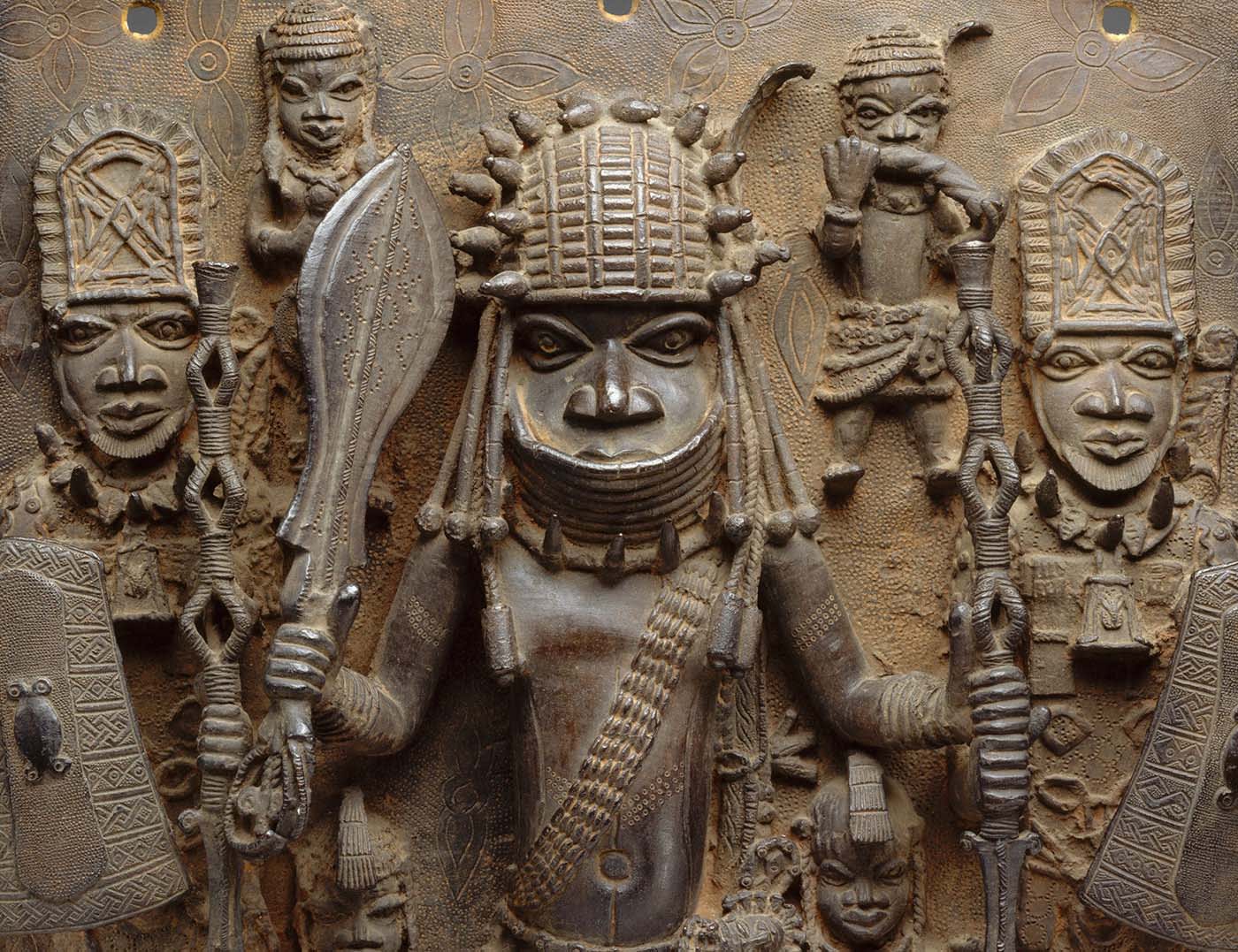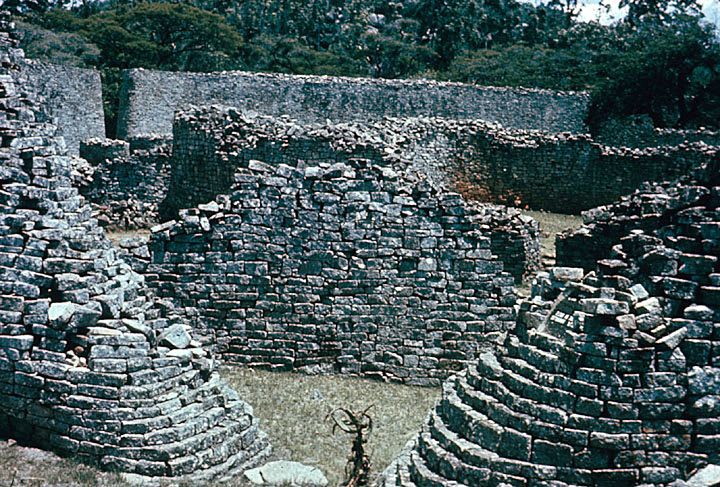The ancient Benin kingdom, in modern-day Benin City, Edo State, in the populous West African nation – Nigeria, remains one of the greatest African kingdoms in history.
One of the wealthiest kingdoms in history, the Benin kingdom amassed great wealth from early trade with European nations, especially the Portuguese, as far back as the eighteenth century. The domain was rich in gold, ivory, timber, pepper, and artifacts.
To date, it is on record that the Benin Kingdom is one of the oldest and most developed states in the coastal hinterland of West Africa. It gained prominence around the 11th century AD, and maintained a continued rise until it was annexed by the British Empire in 1897.
For over 200 years, Benin remained a prosperous kingdom, one of the earliest African kingdoms to establish a successful trade channel with the outside world. As a kingdom that operates a monarchy system to date, its leadership and trade were controlled by Obas.
The kingdom and its trade benefitted immensely from the monarchy system, which enabled establishing and managing a single trade route with the outside world.
According to historians, one of the major reasons why the kingdom was successful in its trade with the Europeans was the decision of the Obas to trade with the Europeans at border points. The Europeans were prevented from entering the kingdom, and the exchange of goods took place at the ports.
Despite the fact that many European nations had engaged in bilateral trade with the Benin kingdom for centuries, the kingdom did not come into the British reckoning until after 1885. After the Berlin Conference of 1884–1885, the kingdom under the West African region was under the British protectorate.
Not used to foreign interference, the then ruler of the kingdom, Oba Ovonramwen, did not welcome the idea of British troops entering into Benin for whatever reason. Even when the British protectorate cut-off trade channels, which inflicted severe economic losses to traders, the middlemen from the Itsekiri kingdom, and the Niger Coast Protectorate government, the Oba refused to bow to pressure.
Oba Ovonramwen, like his predecessors, continued to cling to traditional policies of independence, economic exclusiveness, and monopoly. Moreover, the news of the British activities in neigbouring kingdoms like Opobo and Ashanti, further strengthened the Oba's adherence to his closed-door policy.
The British would not condone any form of insubordination, and it didn't take long for the matter to reach the Queen's office in England, which prompted the consul's determination to bring the Oba under their economic and political control.
After consultations and approvals between the Consular Office in West Africa and the British government, the British Consular plunged a series of attacks. The preceding events precipitated the battles that culminated in the fall and capture of the Benin Kingdom by the British forces in February 1897.
In what has gone down in history as the Benin Expedition of 1897, or Benin Sacking of 1897, the British forces attacked the Benin kingdom, deposed and exiled the Oba, looted the kingdom, and burnt it to the ground.
During the invasion, the British force mobilized an army of 1,200 men under Sir Harry Rawson. The British claimed that theirs was a response to an ambush of a previous British party under Acting Consul General James Phillips.
Rawson's troops ensured the fall of the Benin Kingdom, which was eventually absorbed into colonial Nigeria in 1914.









